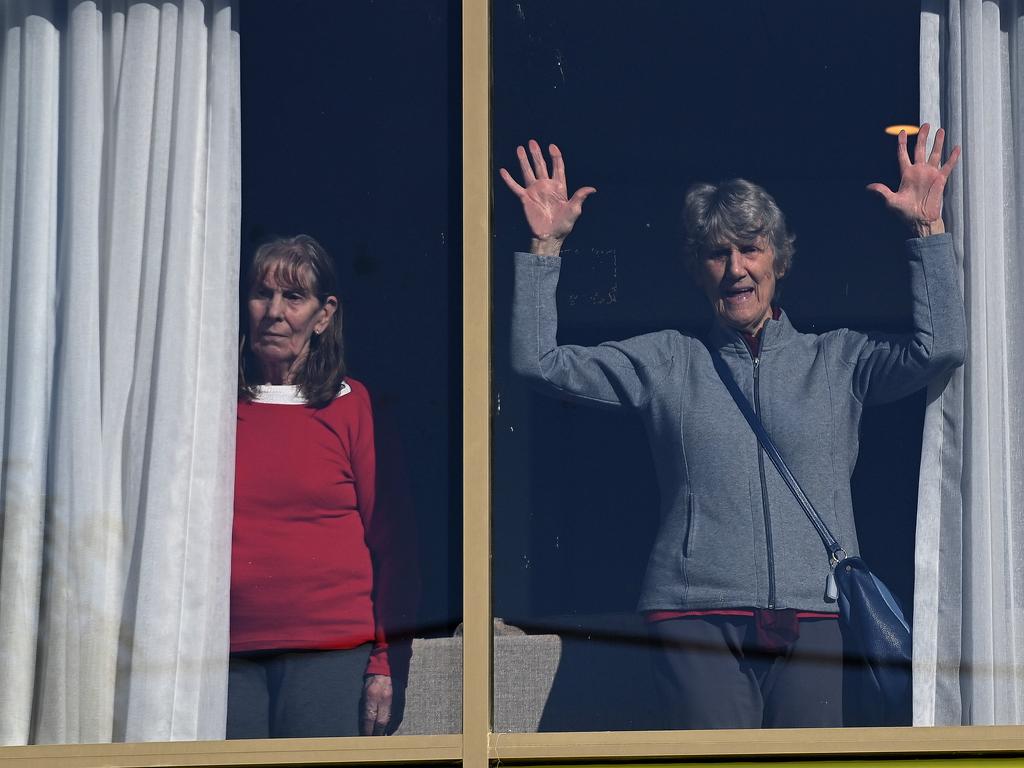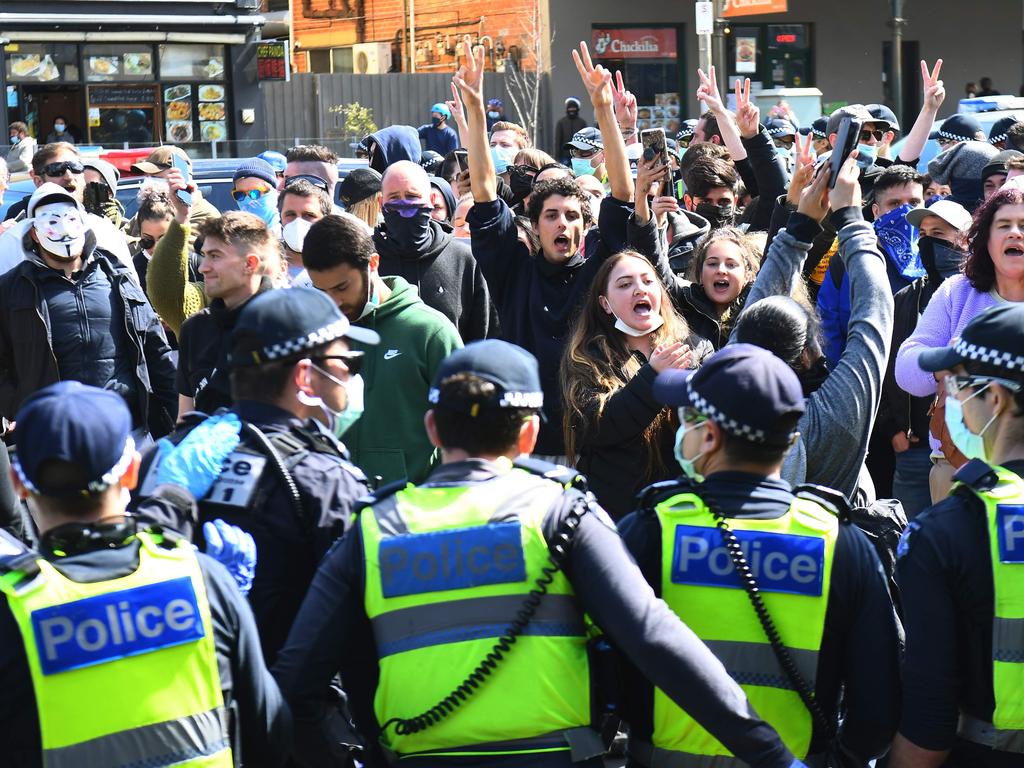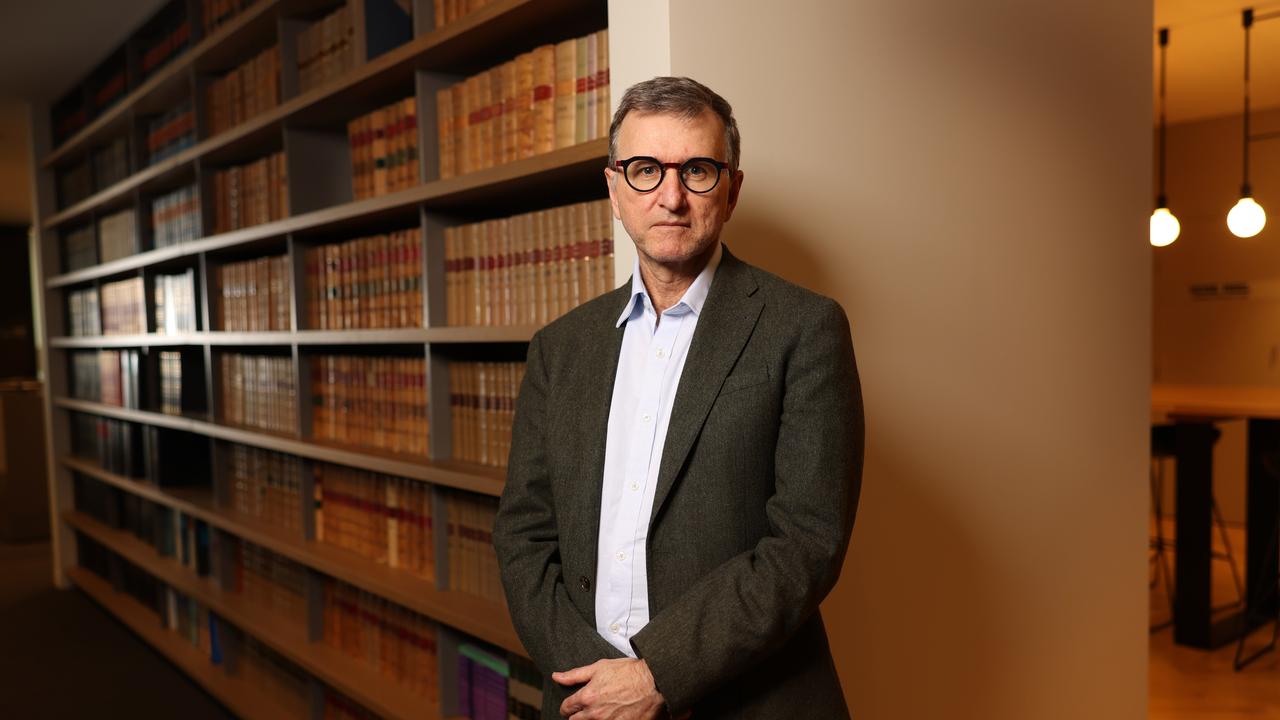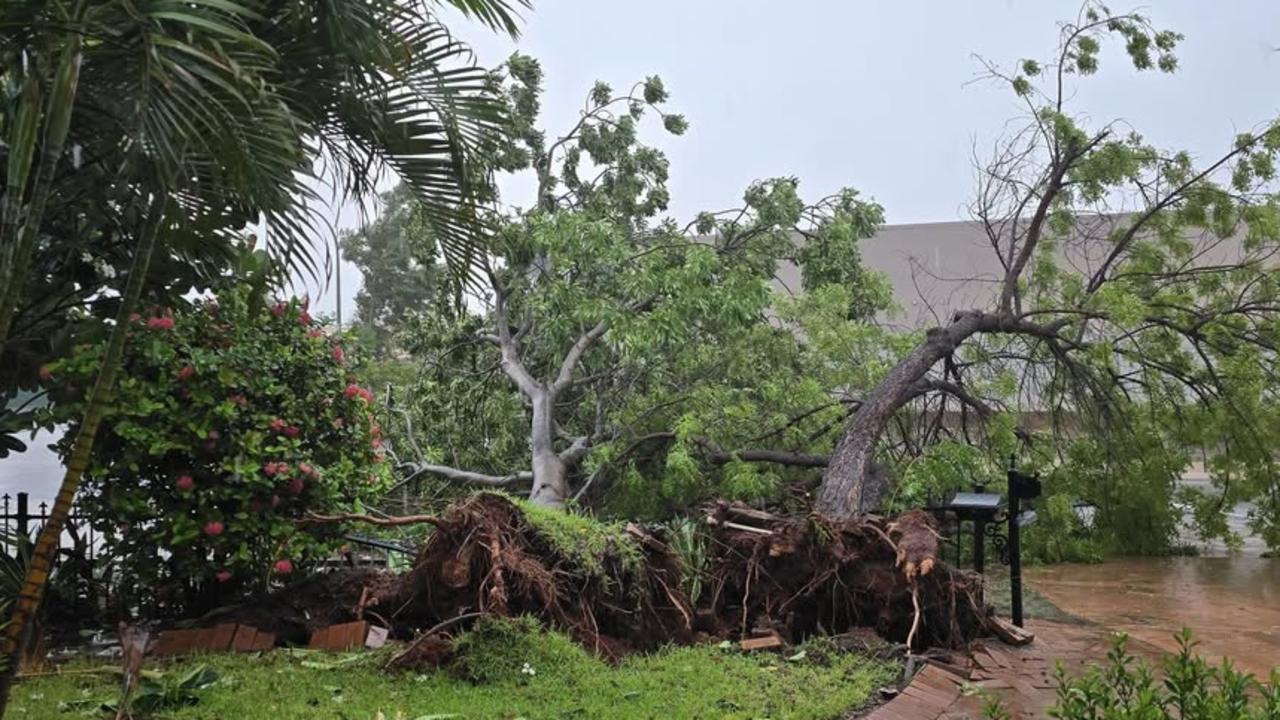Victorian Covid-19 bungles won’t be looked at in federal inquiry
Infectious diseases experts and medicos have joined the chorus of criticism of the federal government’s Covid inquiry over limited scope.
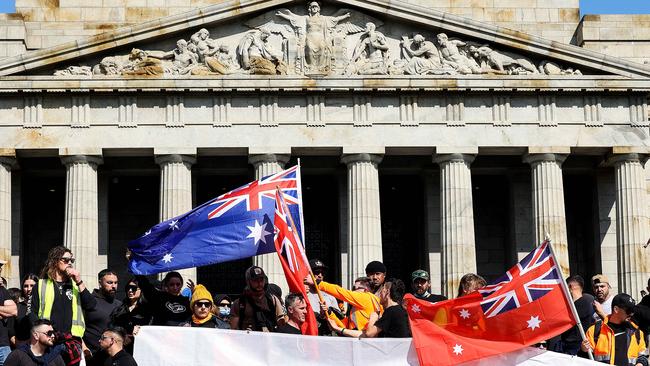
The Andrews government quarantine hotel bungles that sparked a 112 day lockdown and killed 800 people, curfews, travel limits and playground closures are not likely to be scrutinised in a federal Covid-19 inquiry in a move that has been strongly criticised.
Victorians endured a total of 262 days in lockdown between 2020 and 2021, believed to be the longest in the world, and some of the harshest restrictions compared with other states along with standard covid rules like school shutdowns and work-from-home instructions.
They included locking down hundreds of public housing residents in a snap decision — not based on health advice — that was found to have breached human rights, limiting people to spend two hours outside their home for exercise, shutting down playgrounds and banning alcohol consumption outdoors.
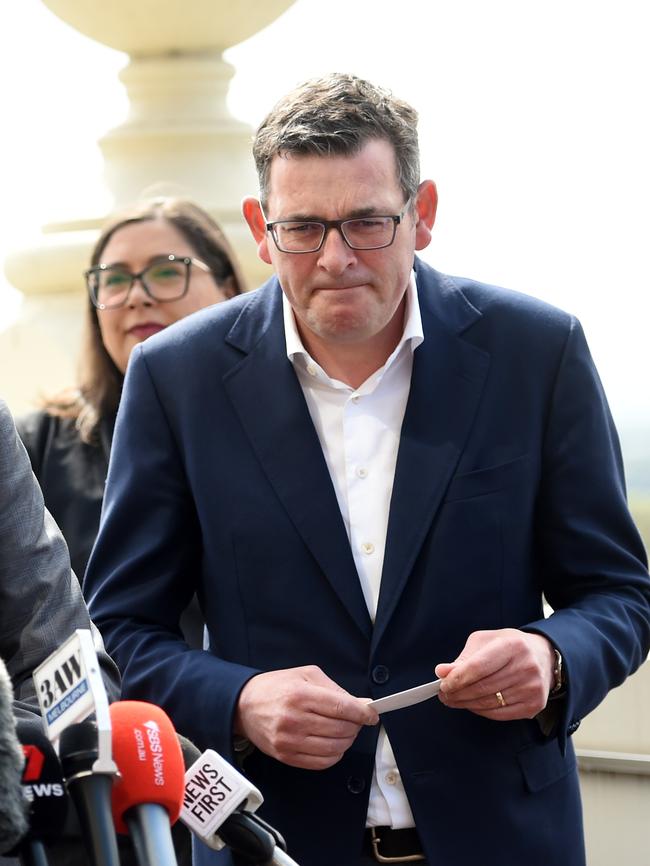
As well, 50 residents died in the country’s deadliest Covid outbreak at St Basil’s Home for the Aged in 2020 and in 2021, the city was overcome for nearly a week with violent protesters who clashed with police over a range of pandemic-related grievances.
Infectious diseases expert Peter Collignon told The Australian a royal commission should examine measures taken to curb Covid infections including those taken by states, as their utility will not be probed during the inquiry.
“Were lockdowns beneficial, were border closures beneficial, stopping people going outside for more than an hour. That is what affected people personally the most,” he said.
“That is really important because if we have a new strain of influenza that comes along we need to learn what restrictions had a good benefit.”
Professor Collignon said the main impact of a lot of the restrictions was on lower socio-economic groups, and he believed the benefit of stopping people from going outside was not commensurate with the social and mental fallout.
“Victoria was the first to adopt an elimination strategy in Australia. That hasn’t given a better medium to long-term result than just suppression,” he said.
“I think it is worthwhile to look at the things in the terms of reference … but for Australia as a whole, there are other important issues that need to be addressed. Maybe with a royal commission or something completely separate to compel (witnesses).”
In a statement, the Australian Human Rights commissioner Lorraine Finlay also criticised the decision to exclude the unilateral actions of state and territory governments.
“Lockdowns, border closures, school closures, mask mandates, and many other aspects were the domain of state and territory governments and to not examine these as part of the inquiry means it will be harder for us to improve our response for future pandemics.
“The lack of a stated focus on how Australia’s Covid response impacted on the human rights of people is also concerning.
Victoria’s former chief health officer Brett Sutton, who was at the helm of the state’s pandemic response, told the ABC on Thursday morning he would be “disappointed” if the inquiry did not examine the value of lockdowns and expected to be called to give evidence.
“I would be disappointed if we didn’t go to those really important issues,” he said.
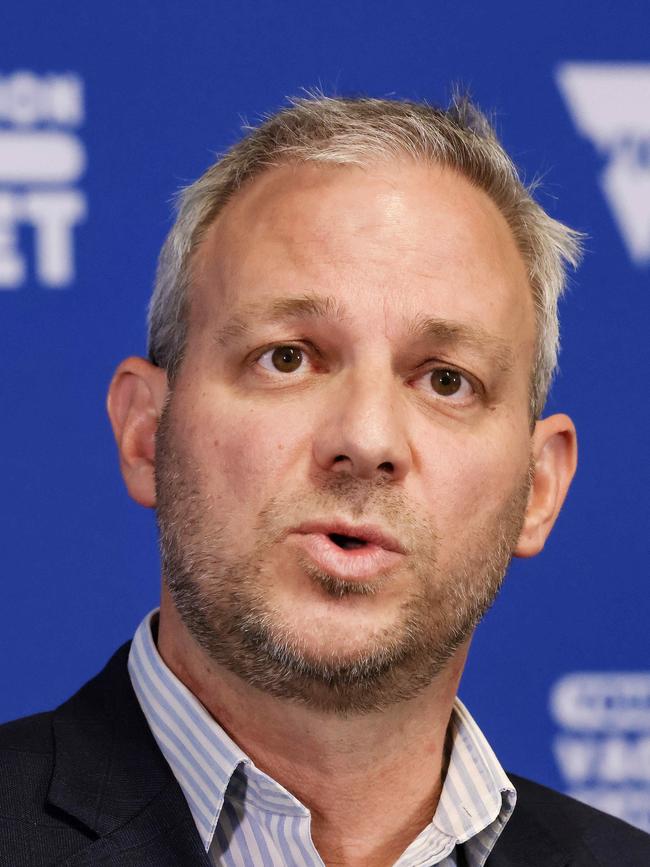
“There shouldn’t be shyness about asking the tough questions for those things that were most disruptive.
“As they should about quarantine, as they should about international travel and the closing of the country, as they should about the right communications and the right policy settings to maximise vaccine coverage, how you deal with misinformation and disinformation and all the rest.”
As well, Australia’s former deputy chief medical officer Nick Coatsworth questioned the inquiry’s scope.
“OK well this is a little concerning in the Terms of Reference. Check out this exclusion: ‘The following areas are not in scope for the Inquiry: Actions taken unilaterally by state and territory governments’,” Coatsworth tweeted.
“That's pretty much everything they did.”


